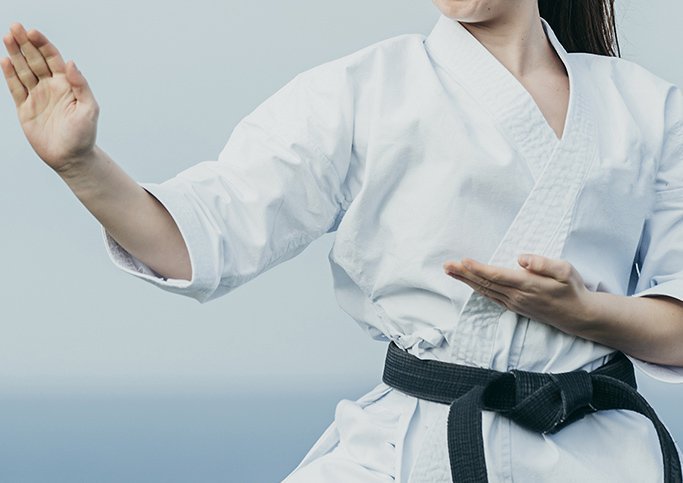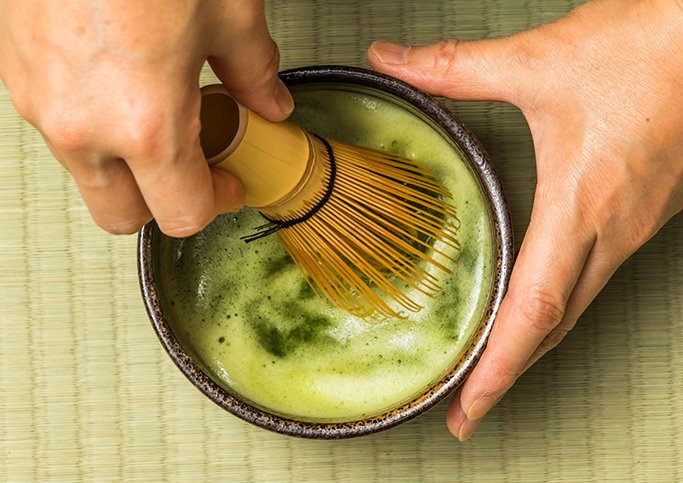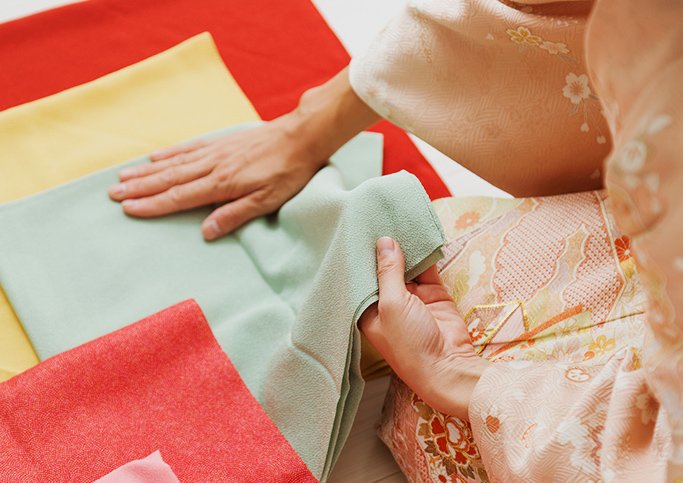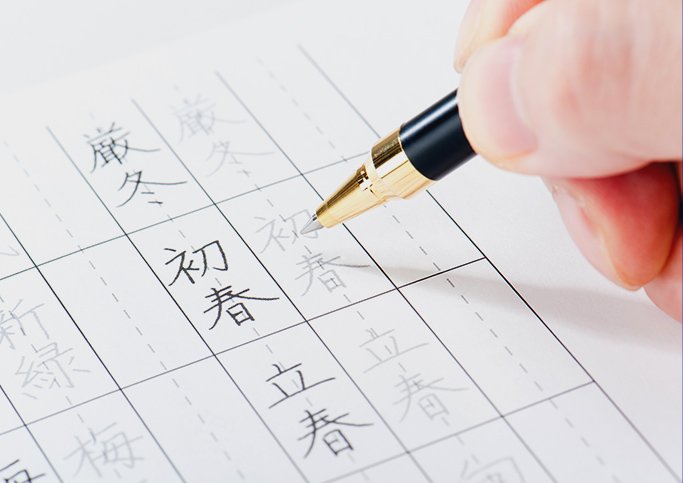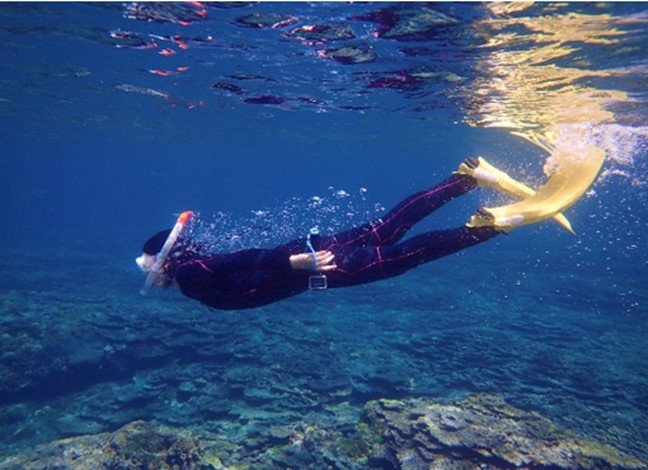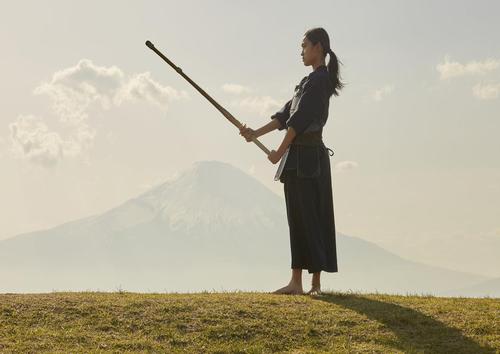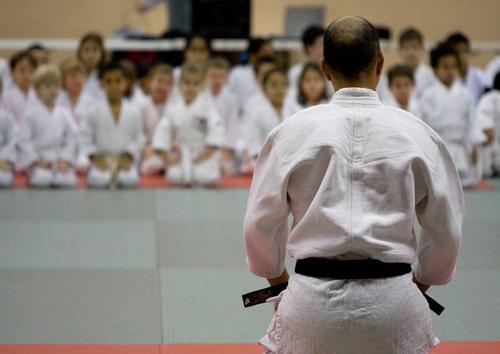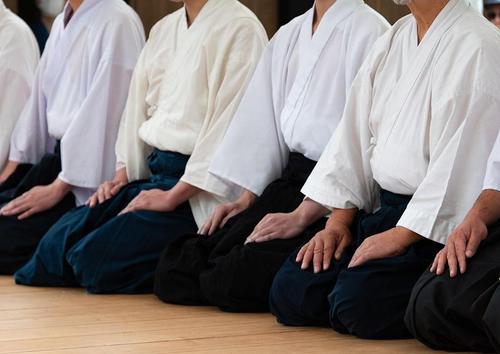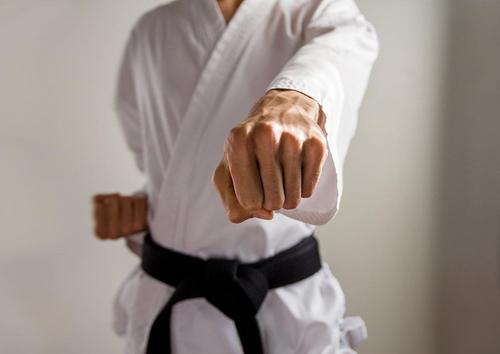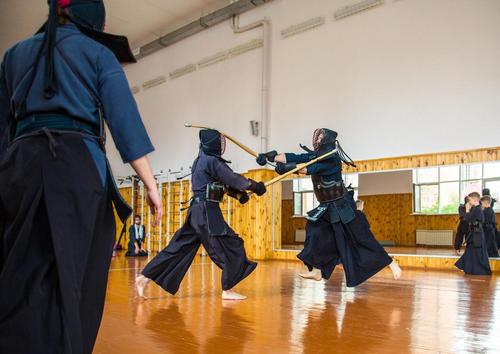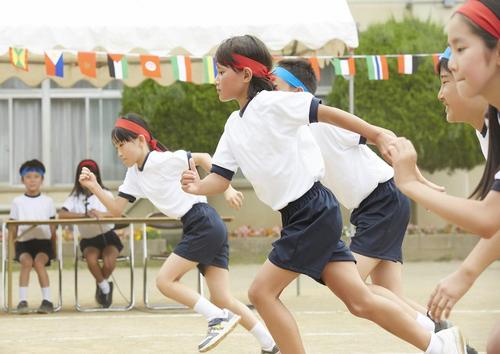
move
An "athletic meet" is held in the cool and easy-to-move seasons such as autumn and early summer. Most people who attended Japanese school will have the experience of participating. Did you know that this athletic meet is actually quite different between Japan and overseas?
Here, in addition to the characteristics and history of Japanese athletic meet, we explain the difference from the event that corresponds to the overseas athletic meet.
Is the athletic meet a culture only in Japan?
![[Athletic meet] There is such a difference between Japan and overseas_Sub 1.jpg](/karuta/uploads/39d63d1f5995608cc37c961e1cdee03616ff5ae7.jpg)
First of all, I will explain the beginning of the Japanese athletic meet, its characteristics, and overseas reactions to it.
Characteristics of Japanese athletic meet
It is said that the athletic meet currently held at Japanese schools began with the one held at the Naval Academy in the Meiji era. The original athletic meet is said to have originated from the one held at Oxford University in England in the 19th century, and it seems that the Japanese athletic meet also initially referred to Western culture. However, after several wars, the military element gradually strengthened during World War II, and training-oriented events were introduced. It is said that the athletic meet currently being held in Japan includes horse fights, alignments, and marches, which are remnants of that time.
In modern Japan, athletic meet is held not only in universities and high schools but also in elementary and junior high schools, kindergartens, and nursery schools, and it is common to include both individual and group competitions.
There is no athletic meet like Japan overseas
At sports festivals in Japan, in addition to individual competitions, many group competitions such as marches at the opening ceremony, gymnastics, and horse fights are also adopted, but at sports festivals held overseas, all students except sports that require team play. There aren't many events where people work together to accomplish one thing.
Therefore, it seems that there are pros and cons to the Japanese athletic meet from the perspective of foreigners, and while there are praises such as "It is Japanese-like because it values cooperation and harmony" and "The well-organized lines and marches are beautiful", " There seems to be some negative reactions such as "I'm scared like an army", "I can't do it myself", and "Is it worth spending time on the whole practice?"
Looking at the reaction of overseas sports festivals in Japan, I am curious about the contents of the sports festivals held overseas. Are there events such as athletic meet and athletic festival in the United States and other countries?
In the United States, there is an athletic meet-like event called "Field day"
![[Athletic meet] There is such a difference between Japan and overseas_Sub 2.jpg](/karuta/uploads/49482a5dba9a19924a3dec04ff4641224dbf7826.jpg)
As an event equivalent to a Japanese athletic meet, there is an event called "Field day" in the United States. I will explain what kind of event is Field day and how it differs from Japanese athletic meet.
An event where children move their bodies with free participation
Field day is an event where children literally enjoy going out to fields such as playgrounds and grounds and exercising. "Field day" has the meaning of "athletic meet" and "outdoor activities", but it is also used to mean "a day of fun and fun" and "a day of entertainment".
At this point, you may feel a little different from the Japanese athletic meet.
[If you read the article, may you know the meaning of this KARUTA? ]
A big difference between "Field day" and Japanese athletic meet
The biggest difference between Japanese athletic meet and American Field day is that Field day is free participation. Unlike Japan, it is not mandatory for everyone to participate, and children can participate freely at their will.
Of course, there are children who do not participate if they participate freely, so there is no scenery that parents and families come to see on Saturdays, Sundays, and holidays as in Japan. Only the children who want to participate will go out to the field and enjoy their favorite exercises such as soccer goal kicks and basketball free throws.
If anything, it may be said that it is a way of spending more like "free time" and "break time" in Japan than an athletic meet.
In the first place, "physical education" itself is different from Japan overseas.
![[Athletic meet] There is such a difference between Japan and overseas_Sub 3.jpg](/karuta/uploads/f582c0a8abd54c330933fbe2eada43ae35eb5c93.jpg)
There are the following differences not only in athletic meet but also in "physical education" itself between overseas and Japan.
The point that overseas physical education is different from Japan
In many foreign countries, there is no such thing as "gym clothes" to wear when conducting physical education classes in Japanese schools. Although it may be designated as "easy-to-move clothes," clothes such as jeans, hoodies, T-shirts, and leggings are basically left to the individual.
Regarding gymnasiums, in Japan, both public and private schools have gymnasiums and other facilities, but overseas, such as the United States, there is no gymnasium because the existence of gymnasiums depends on the economic condition of the school. Schools are not uncommon. In many countries, especially East Asian countries, physical education classes themselves are not compulsory.
In many countries, physical education is done like a game by a team, not like competition or exams.
Even at overseas schools that offer physical education classes, the content of the classes is very different from that in Japan. Let's take the United States, Singapore, and China as examples to see how they differ from physical education in Japan.
·America
Physical education classes held in American schools are called "PE" and are generally held once or twice a week, depending on the school.
PE is not a class like sports tests, marathons, gymnastics using a balance beam or a vaulting box like in Japan, but a game that moves the body. The mainstream of the lesson content is that children can participate happily with a sense of play, such as playing games that the teacher thought of, riding and climbing.
·Singapore
In Singapore, which is focusing on education in East Asia, physical education classes are also set twice a week, but these are also centered on ball games and games such as soccer and basketball.
Since classroom learning such as English and mathematics is emphasized in addition to the mother tongue, it seems that it is carried out in the sense of relaxing and recreation for children who are tired of studying.
[Do you care about Japan? Would you like to learn Japanese together? ]
Physical education classes themselves are not actively held in China
There are schools in China that offer physical education classes, but basically sports are only available to children who are confident in their physical abilities and elites who have won sports selection.
There is no such thing as athletic club activities that are everywhere in Japanese schools in China, and there are people who take physical exercise classes and those who do not.
Summary
![[Athletic meet] There is such a difference between Japan and overseas_Sub 4.jpg](/karuta/uploads/796e2711d7e981619d1999aba9b29a2932ce71cb.jpg)
Sports festivals and physical education classes in Japan are very different from those overseas, and overseas, it is an event for the purpose of enjoying free participation individual competitions and games. The Japanese athletic meet, which has a somewhat formal atmosphere with the participation of all members, has some disagreements about overseas reactions, but it may be one of the factors that cultivate a Japanese spirit of harmony.
This article is a partial re-edit of the article published in Nihongo Biyori by KARUTA.
Unauthorized reproduction or use of the contents, text, images, illustrations, etc. of this site is strictly prohibited.
CATEGORIES
FEATURED TAGS
RECOMMENDATION
-
 報BUSINESS TERMS
報BUSINESS TERMSWhat is ”Ho-Ren-So”, one of the basic manners when working in Japan?
10/30/2020
-
 伝WORDS & GRAMMAR
伝WORDS & GRAMMARWhat is easy Japanese?
10/30/2020
-
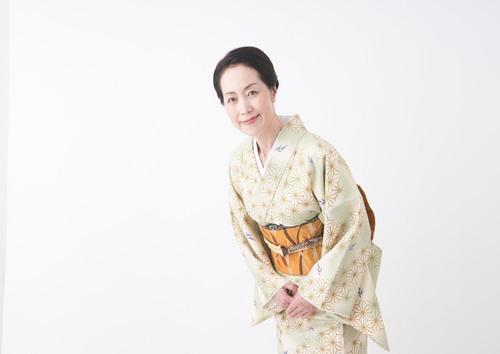 礼MANNERS
礼MANNERSJapanese greeting customs and origins. What are the greetings from other countries?
10/30/2020
-
 戯COMIC & GAME
戯COMIC & GAMEThe roots of animation and manga? Introducing bird and beast caricatures
10/30/2020
-
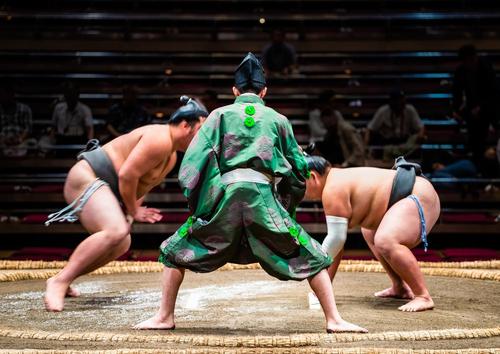 戦SPORTS
戦SPORTSThe history of sumo goes back to the mythical world! ?? Transition from myth to modern times
10/30/2020
LET’S PLAY
KARUTA!
Do you know the meaning of this...
NEXT...
FURTHER EXPLORATION
INTERESTED
IN JAPAN?
WHY DON’T YOU
LEARN JAPANESE WITH US?
START LEARNING
JAPANESE
WITH HUMAN ACADEMY!
ONE OF
THE MOST POPULAR
JAPANESE
LANGUAGE SCHOOLS
JAPANESE
LANGUAGE SCHOOL
OFFERING EXCELLENT
DETAILED LESSONS

ONLINE SCHOOL
- Learn with your classmates from all over the world
- Variety of Courses for All Needs
- FREE Trial Lesson available

TOKYO, OSAKA
- Offer the Best Curriculum for You
- Make New Japanese Learning Friends
- Many Opportunities to Practice Japanese
MAKE FURTHER
STEPS
WITH HUMAN ACADEMY!
ONE OF
THE MOST POPULAR
JAPANESE
LANGUAGE SCHOOLS
JAPANESE
LANGUAGE SCHOOL
PRODUCING MANY
JLPT N1 CERTIFIED
STUDENTS!

ONLINE SCHOOL
- Learn with your classmates from all over the world
- Variety of Courses for All Needs
- FREE Trial Lesson available

TOKYO, OSAKA
- Support Your Higher Goal of Japanese Learning
- Perfect Environment for Japanese Learners
- Learn with Your New Japanese Study Mates




